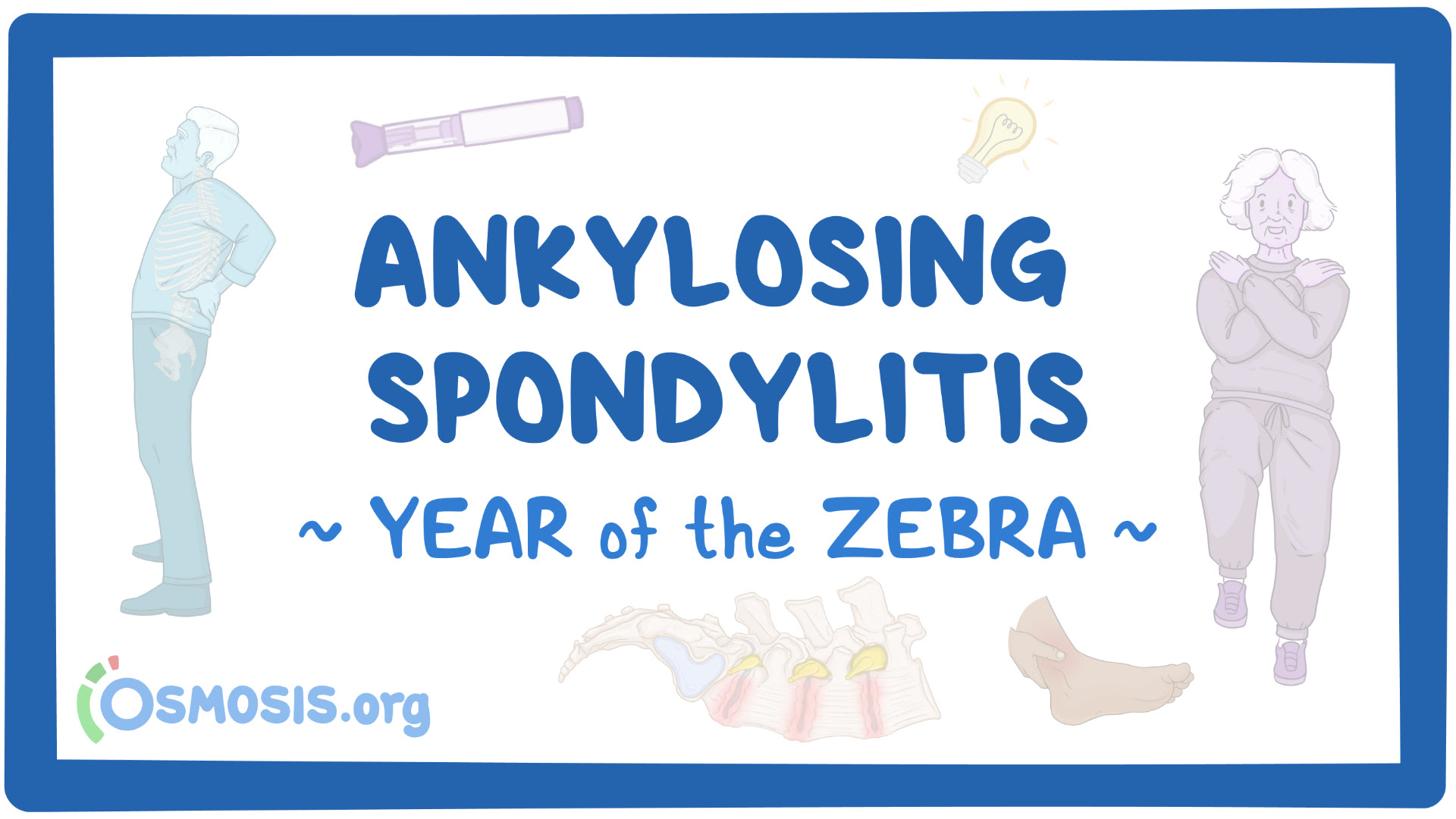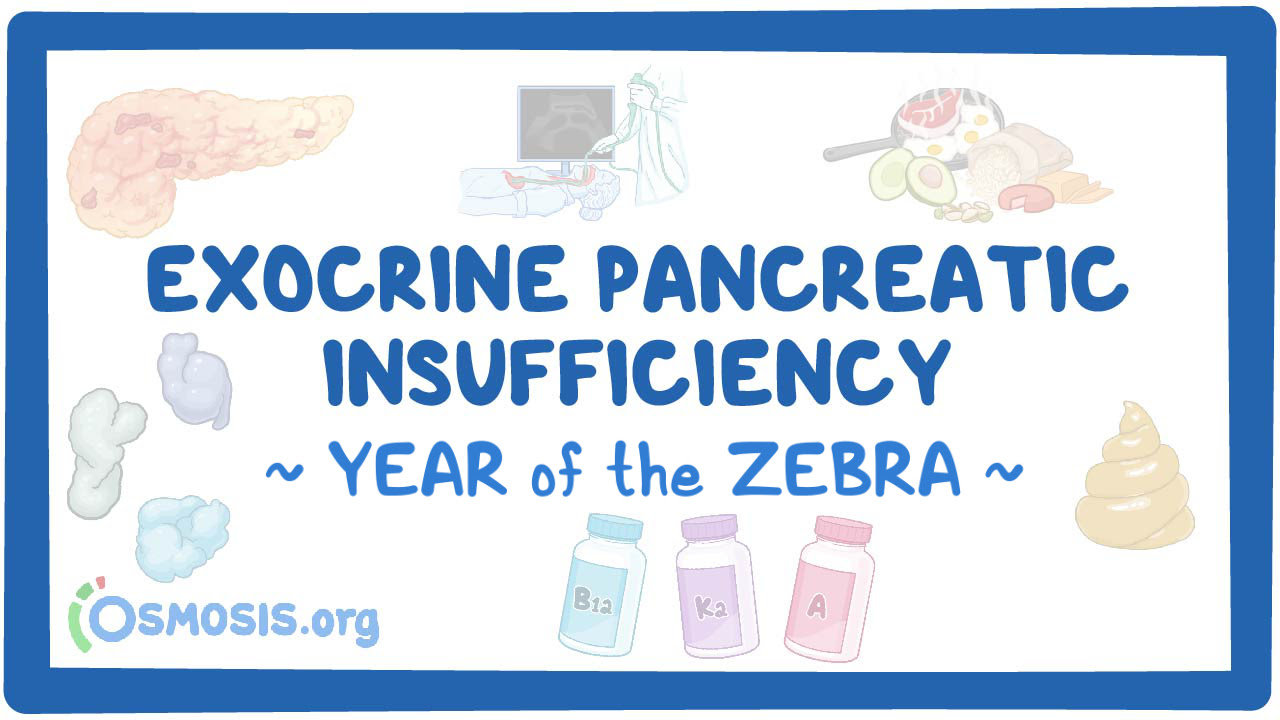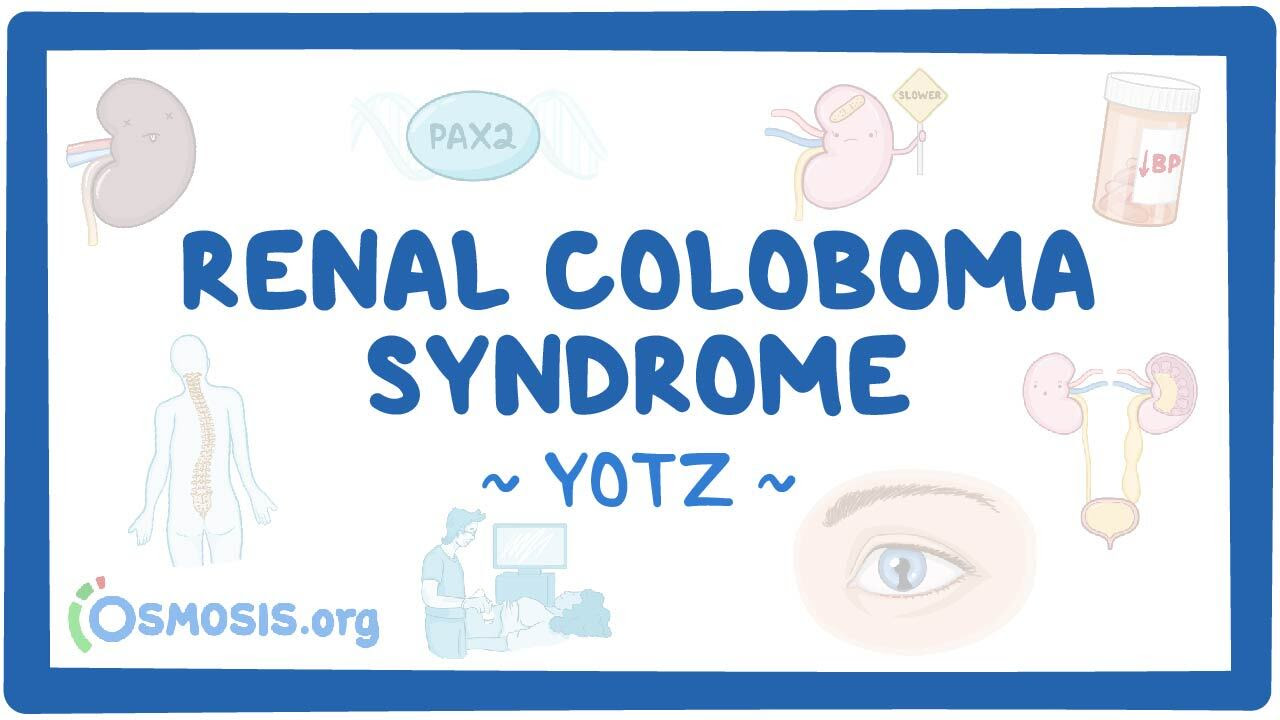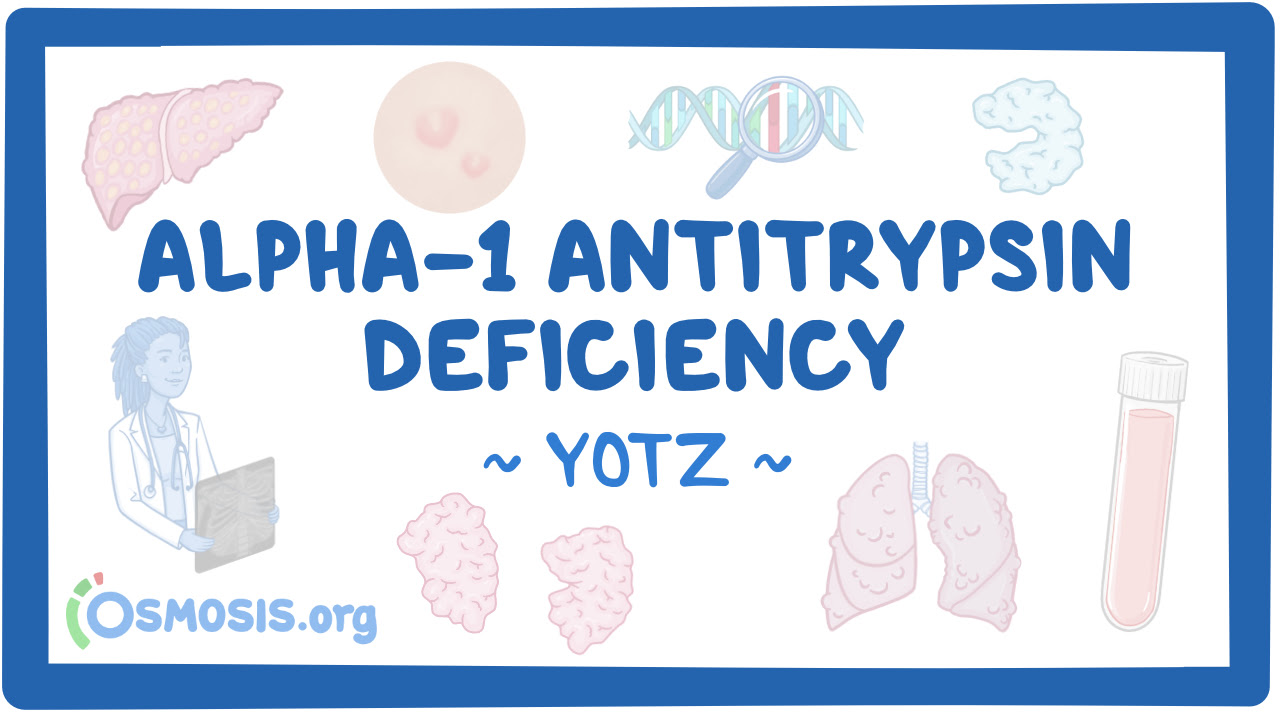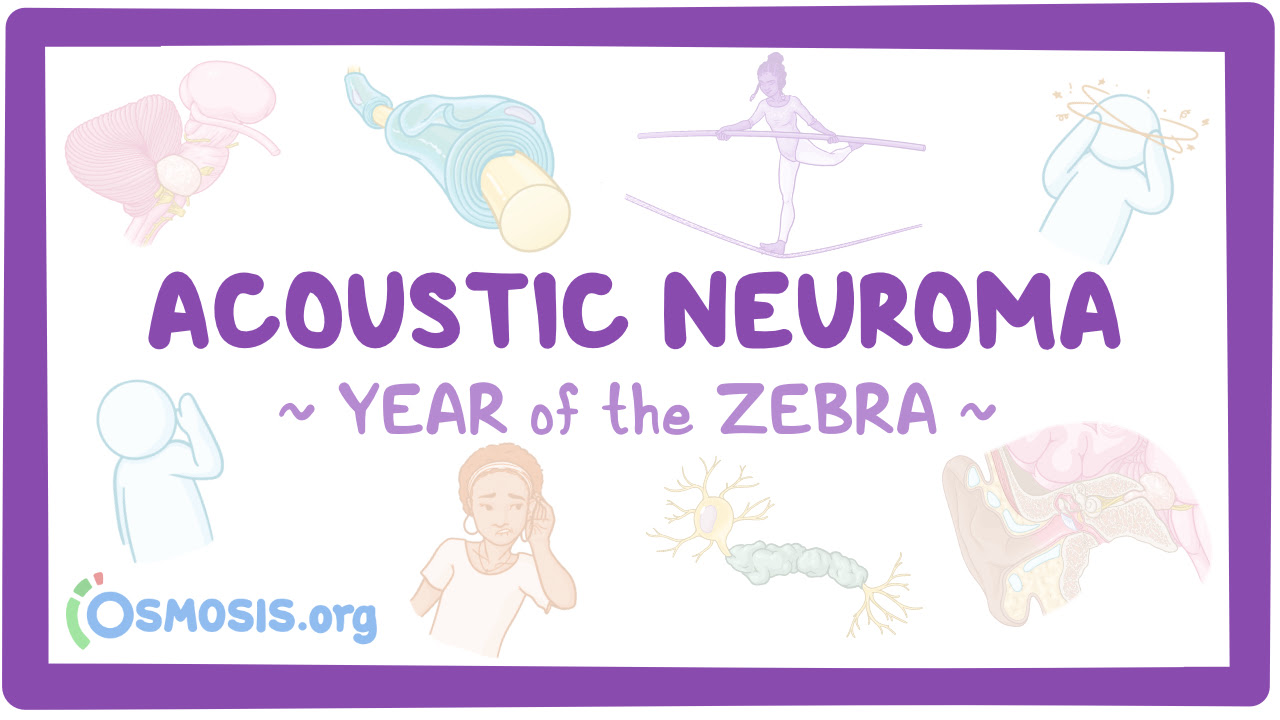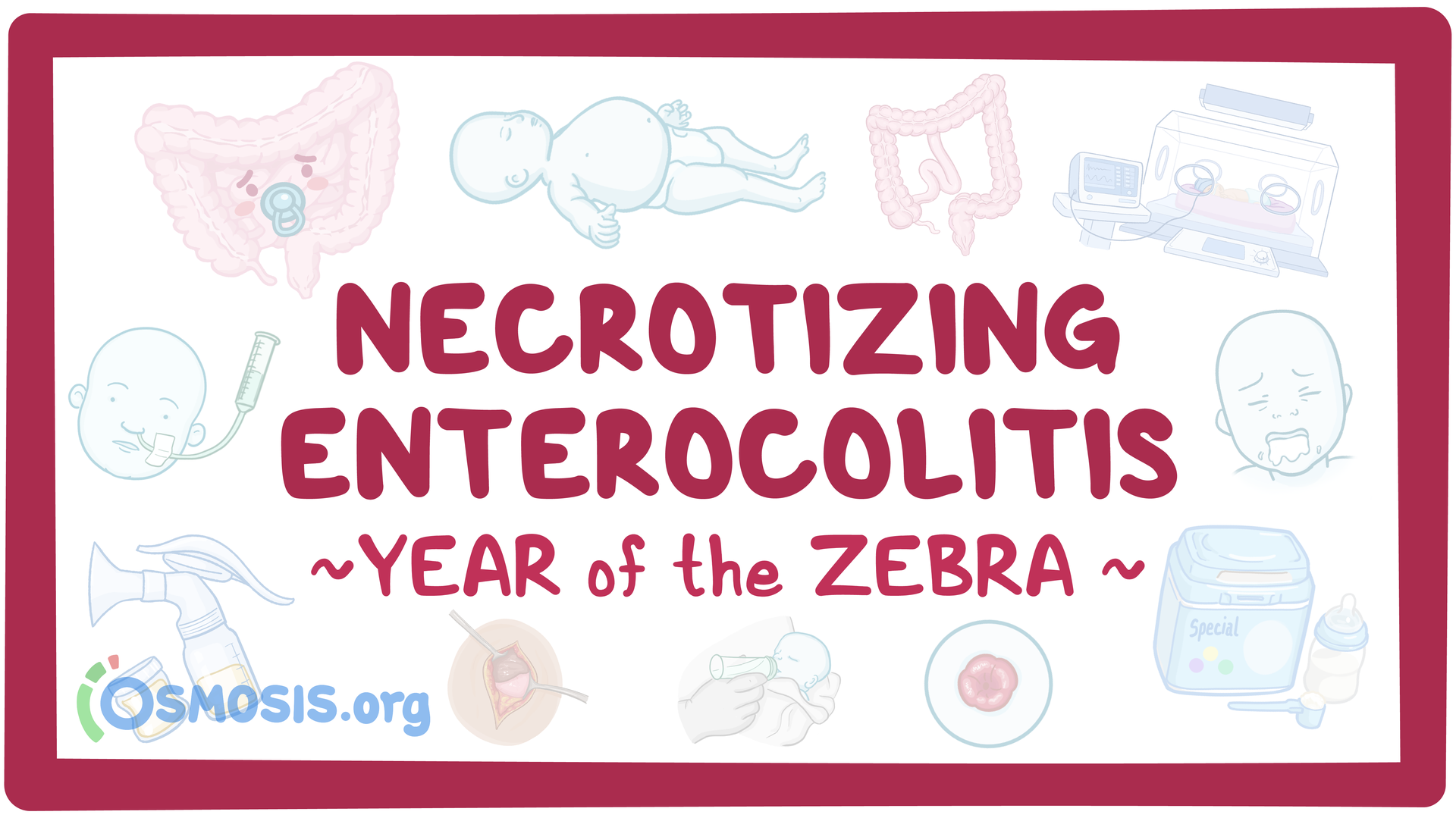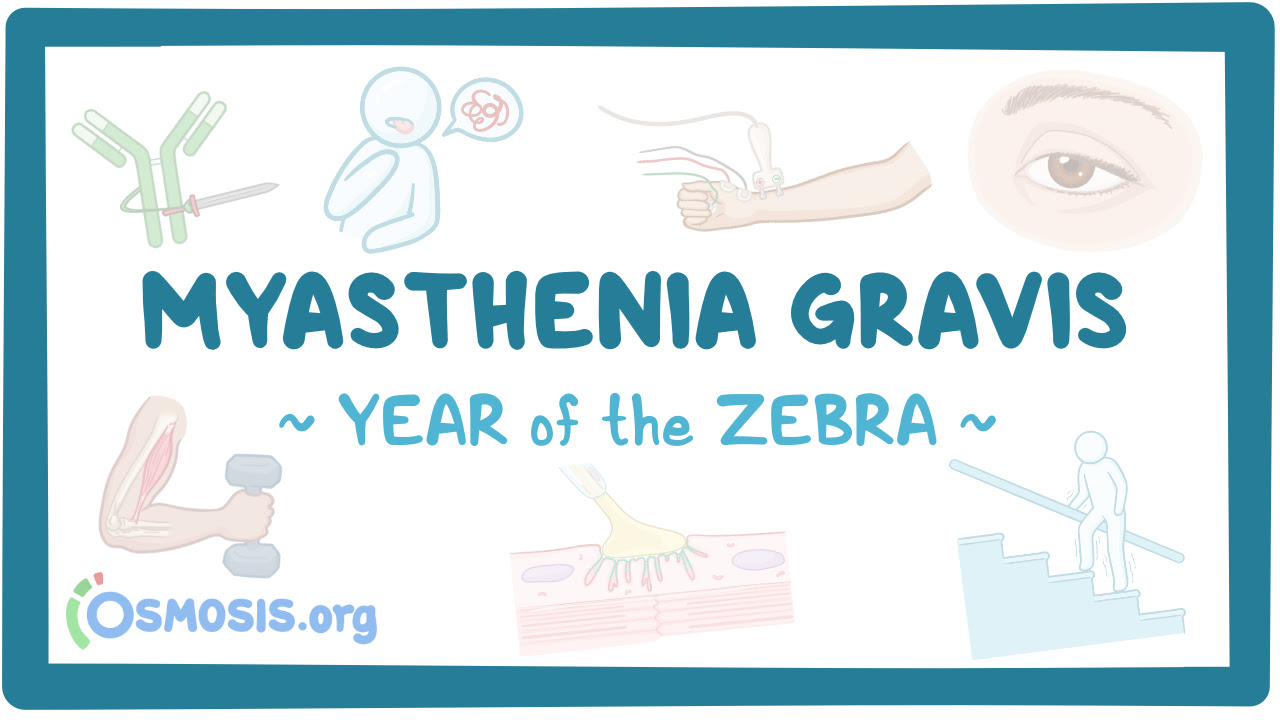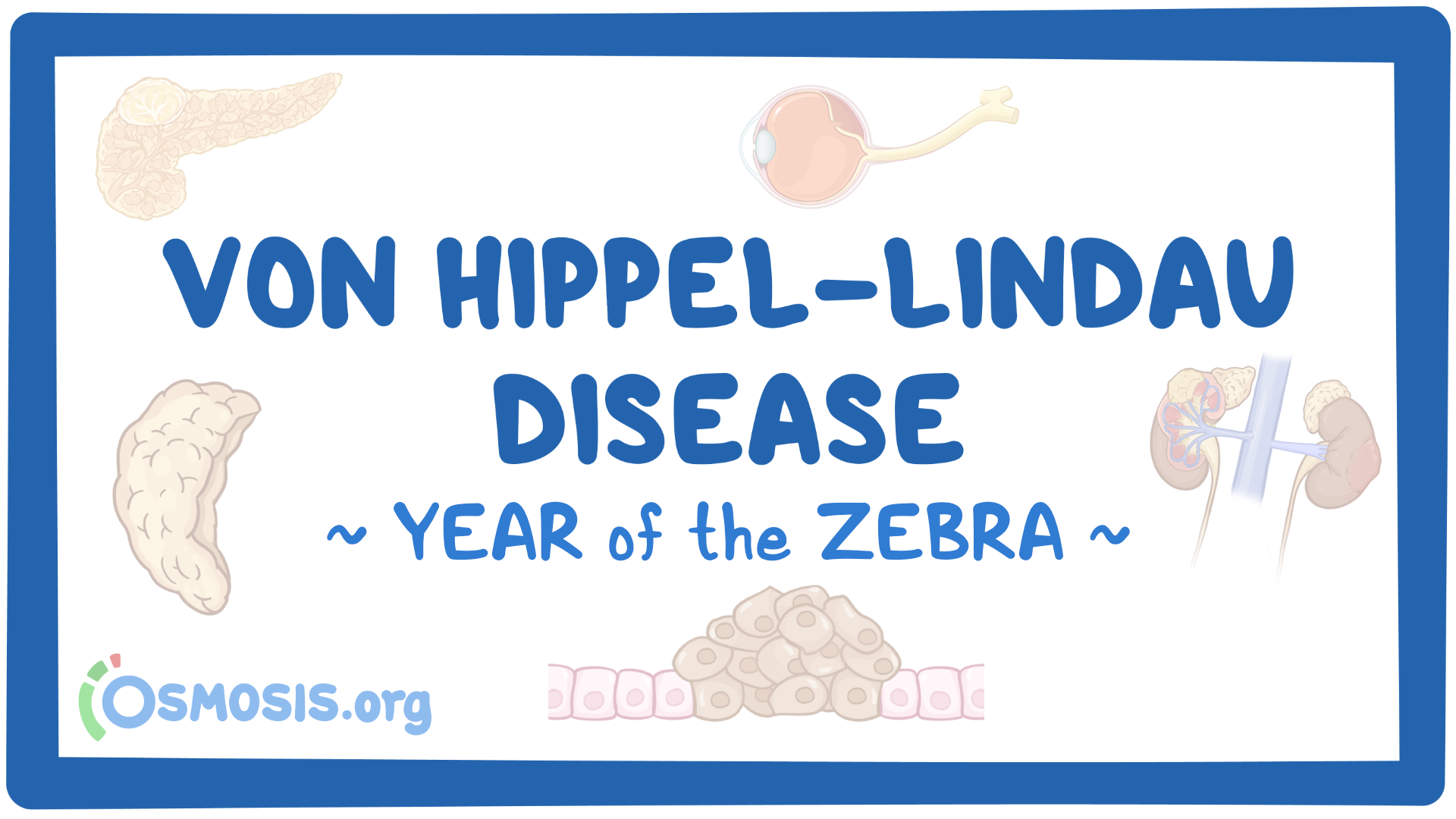World Future Energy Summit and the RELX SDG Resource Centre have announced a new partnership to support sustainability innovation and knowledge-sharing across industries.
The RELX SDG Resource Centre will act as a “Knowledge for Sustainability” Partner to World Future Energy Summit, leveraging RELX’s data, insights and analytics to support evidence-based solutions for the energy transition and sustainable development.
The Elsevier Foundation Chemistry for Climate Action Challenge is a collaboration between the Elsevier Foundation, a non-profit focused on inclusive research and health funded by Elsevier and Elsevier's Chemistry journals. The Challenge represents a commitment from Elsevier to uncover practical, scalable solutions to specific issues caused by climate change in global South communities thereby advancing both Climate Action (SDG13) and Gender Equity (SDG5).

